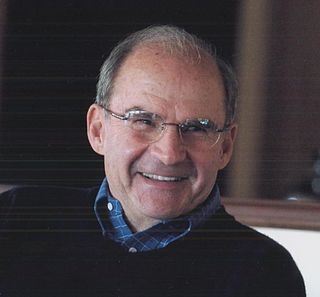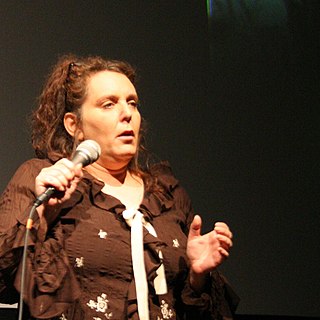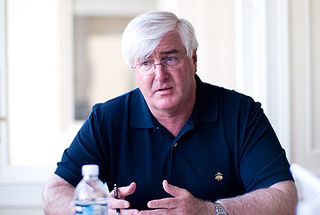A Quote by George Ritzer
What defines Web 2.0 is the fact that the material on it is generated by the users (consumers) rather than the producers of the system. Thus, those who operate on Web 2.0 can be called prosumers because they simultaneously produce what they consume such as the interaction on Facebook and the entries on Wikipedia.
Related Quotes
The largest issue with search is that we learned about it when the web was young, when the universe was 'complete' - the entire web was searchable! Now our digital lives are utterly fractured - in apps, in walled gardens like Facebook, across clunky interfaces like those in automobiles or Comcast cable boxes.
We think of prices as simply the notation of how much we must pay for things. But the price system accomplishes far more than that. Hundreds of millions of people buying and selling, and abstaining from buying and selling, generate a system of signals - prices to producers and consumers about relative scarcities and demand. Through this system, consumers can convey to producers their subjective priorities and entrepreneurs can invest accordingly.
Search is now more than a web destination and a few words plugged into a box. Search is a mode, a method of interaction with the physical and virtual worlds. What is Siri but search? What are apps like Yelp or Foursquare, but structured search machines? Search has become embedded into everything and has reached well beyond its web-based roots.


































